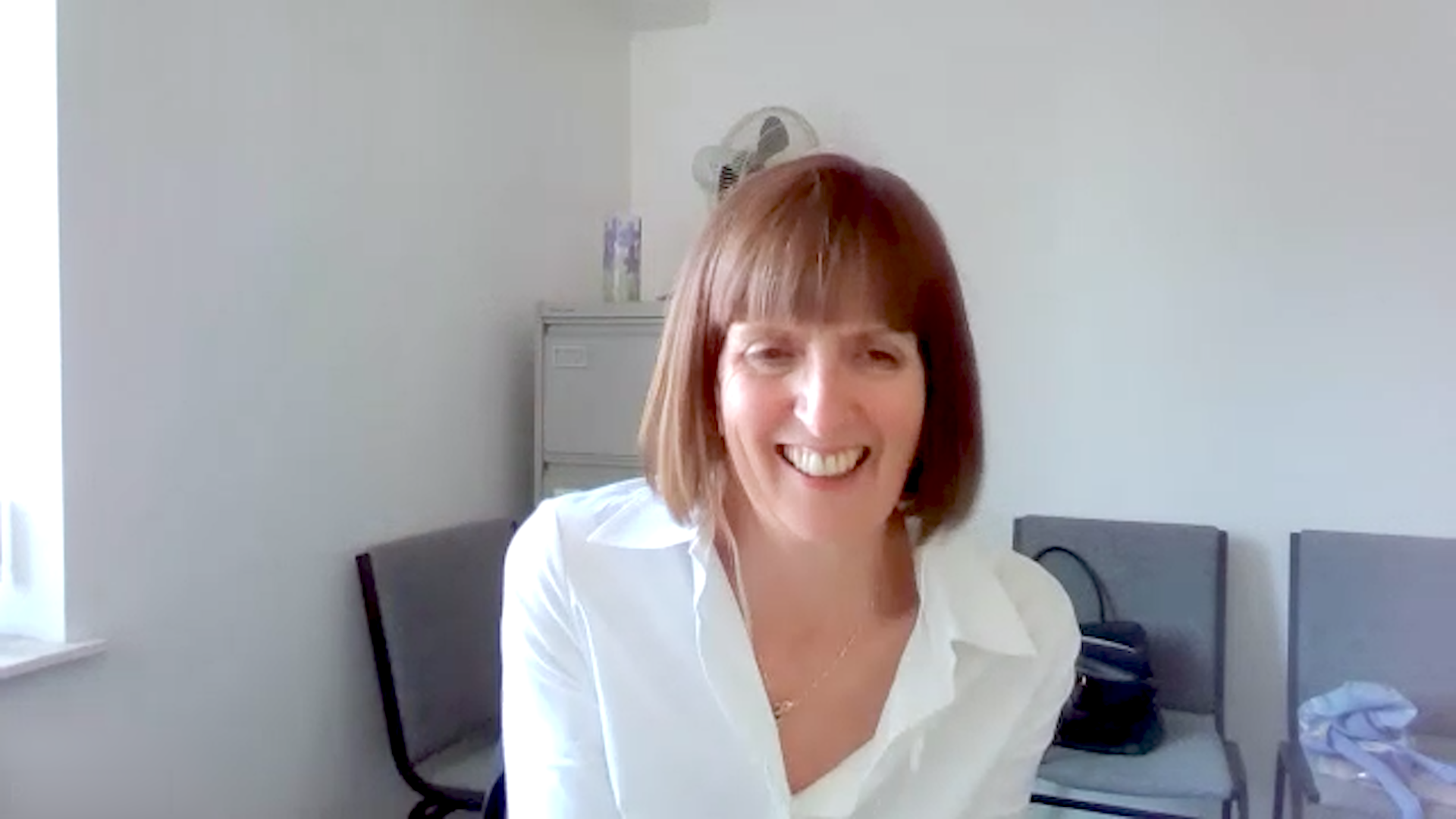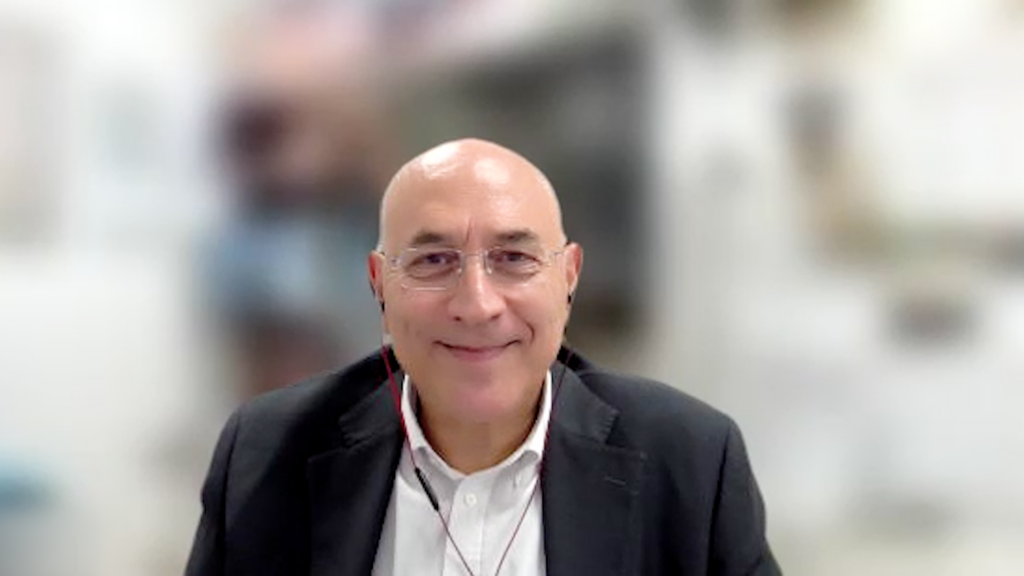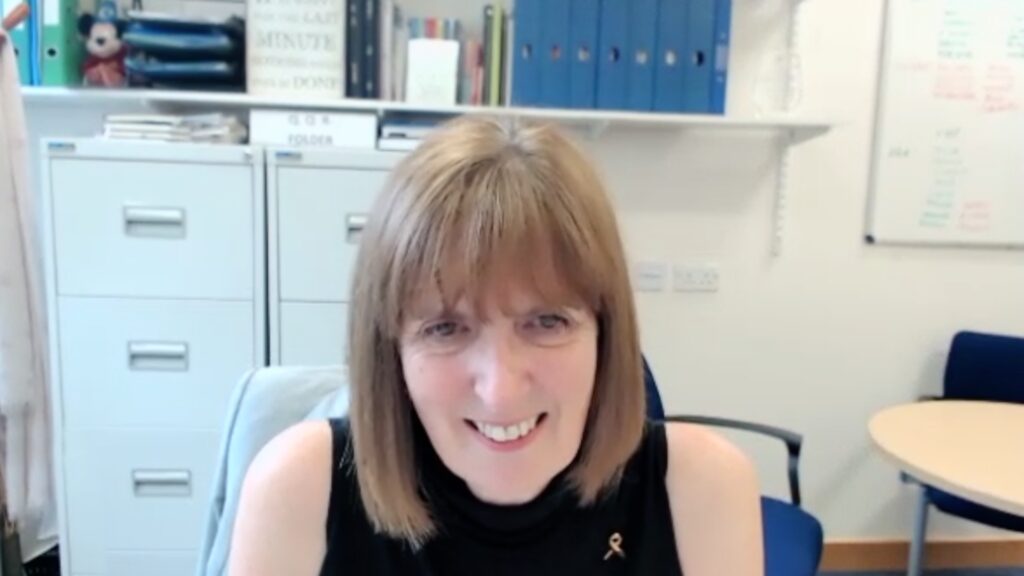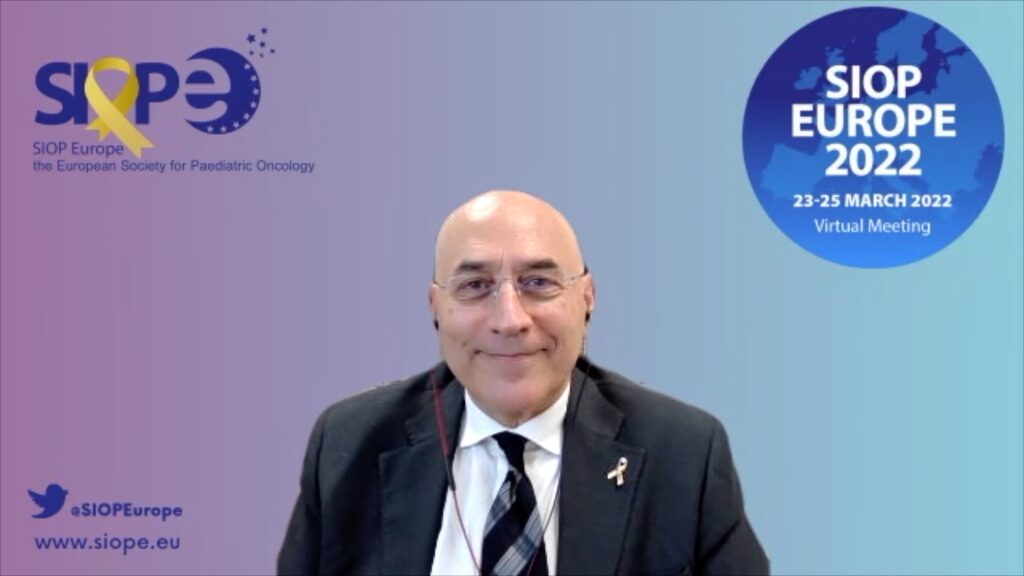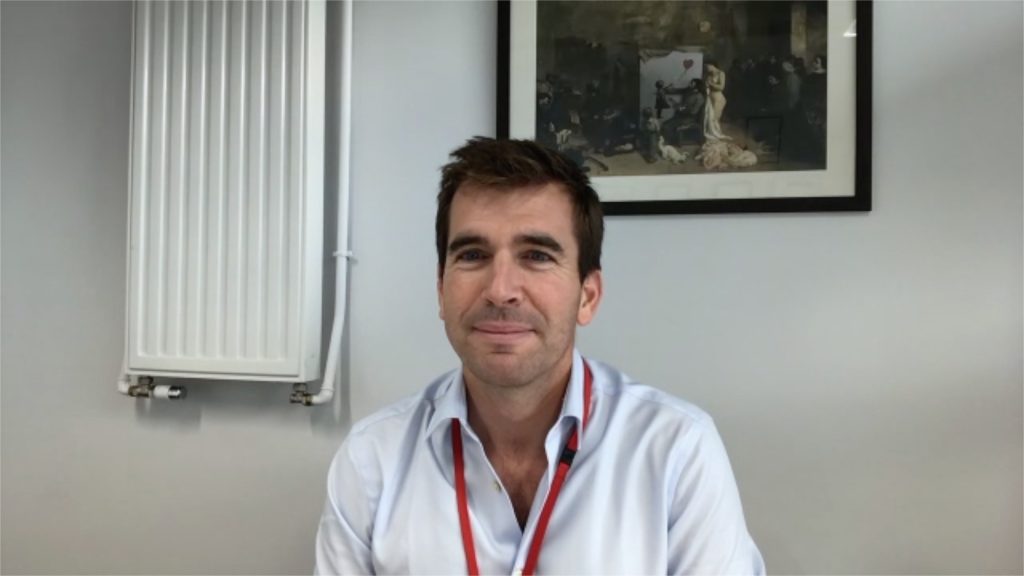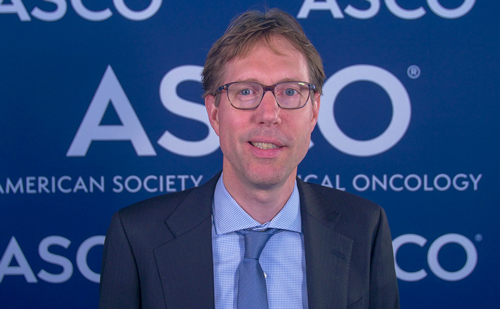Professor Pamela Kearns (University of Birmingham, UK) joins touchONCOLOGY to discuss her highlights from the first face-to-face annual meeting of the European Society of Paediatric Oncology (SIOPE Europe) since the COVID-19 pandemic (Valencia, 8-12 May 2023). She celebrates joint sessions with patient advocacy groups, and the importance of patient and parent experience in the debate about the impact of artificial intelligence on paediatric oncology and new initiatives around patient reported outcome measures and how we gather patient information.
Disclosures: Pamela Kearns has nothing to disclose in relation to this video interview.
Support: Interview and filming supported by Touch Medical Media Ltd. Interview conducted by Sophie Nickelson.
Additional resources
See more content on paediatric oncology here
Transcript
I’m Pam Kearns. I’m Professor of Paediatric Oncology at the University of Birmingham. And I’m the Past President of SIOP Europe.
What were your highlights from the recent SIOP Europe 2023 annual meeting? (00:14)
It’s just an absolutely fantastic meeting. One of the highlights of it was actually being in person again. We planned to go to Valencia so long ago. And of course then we hit the COVID-19 pandemic, and we’ve had online meetings ever since. And to actually be in Valencia, which was the original plan, having those opportunistic discussions with people in the corridor over a coffee, over a glass of wine, was really, for me, one of the biggest highlights. The meeting itself was fantastic. There were some really good presentations. Fantastic involvement of the young SIOP. It was great to see how much work they’ve been doing. And the collaborations with CCI Europe, with the patient advocates again, came out with all the joint sessions. So two particular sessions I was involved in that I just was really excited to be a part of was, one has to do with the debate about the impact of artificial intelligence on paediatric oncology in the future. And, you know, what we need to embrace in terms of the opportunities with artificial intelligence, but also what we need to be cautious about to make sure that we’re not being, going down any rabbit holes that will result in unconscious bias when we use artificial intelligence, that we use it appropriately and ethically. And having, you know, young people, the young oncologists, plus the parents involved in that debate, was really fantastic. And then another session that I participated in was looking at patient reported outcome measures. So really thinking differently about how we gather information about how patients are experiencing their treatment directly from patients rather than as second-hand reports from clinicians. And the engagement from the parents, again, was fantastic. And we had some brilliant expert speakers that really educated us on how we can do this better in the future.


